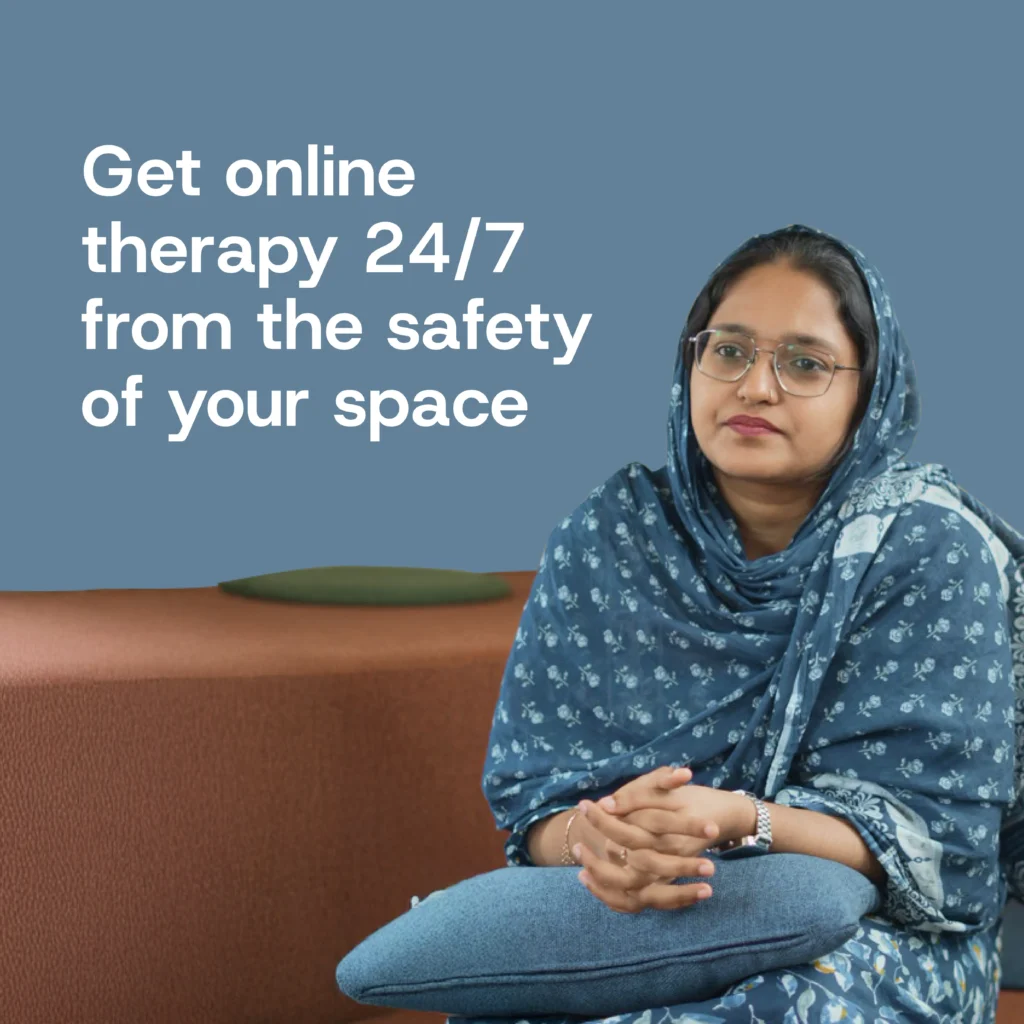
In today’s fast-paced world, where digital technology touches every aspect of our lives, it’s no surprise that mental health care has also found its place online. Online counselling, or e-counseling, has become a significant part of the mental health landscape, offering a convenient, accessible, and often more comfortable way for individuals to seek help. This blog delves into what online counselling is, how it works, its benefits, and how to choose the right online counsellor for your needs.
What is Online Counseling?
Online counselling refers to the provision of psychological support and therapy through digital platforms. This can include video calls, phone calls, chat sessions, or even email correspondence. The core objective remains the same as traditional face-to-face therapy: to provide support, guidance, and strategies for mental health and well-being. What differentiates it is the mode of delivery—online, rather than in-person.
How Online Counseling Works
Online counselling works by connecting clients with licensed therapists through digital platforms. The process typically involves:
- Initial Consultation: Many platforms offer an initial assessment or consultation where clients discuss their needs, concerns, and goals. This session helps both the counsellor and the client determine if they’re a good fit.
- Scheduling Sessions: Once matched with a counsellor, clients can schedule sessions that suit their availability. Sessions can be conducted via video call, chat, or even over the phone, depending on the client’s preference and the service offered by the platform.
- Therapeutic Process: The actual counselling sessions mirror traditional therapy, where the counsellor uses various therapeutic techniques to help the client. The focus might be on cognitive-behavioural therapy (CBT), mindfulness, talk therapy, or other methods, depending on the counsellor’s expertise and the client’s needs.
- Follow-Up and Support: After each session, clients may receive additional resources, exercises, or follow-up tasks. Some platforms also offer between-session support through messaging or additional resources.
The Impact of Online Counseling
The impact of online counselling has been profound, especially in the wake of the COVID-19 pandemic, which accelerated its adoption. Here are some key impacts:
- Increased Accessibility: Online counselling breaks down geographical barriers, making mental health care accessible to people in remote areas, those with mobility issues, or those who live in regions with limited mental health resources.
- Reduced Stigma: For many, seeking help for mental health issues can be intimidating due to societal stigma. Online counselling offers a level of anonymity that can make it easier for individuals to reach out.
- Flexibility: The ability to schedule sessions at convenient times, including outside typical office hours, has made therapy more accessible to those with busy lives.
- Continuity of Care: Online platforms have enabled continuous care, even when clients or therapists relocate, ensuring that therapeutic relationships can continue without disruption.
Benefits of Online Counseling
- Convenience: One of the most significant benefits of online counselling is the convenience it offers. You can engage in therapy from the comfort of your own home, saving time on travel and making it easier to fit sessions into your schedule.
- Cost-Effective: Often, online counselling can be more affordable than traditional in-person therapy due to reduced overhead costs for therapists.
- Accessibility to Specialised Therapists: Online platforms often allow access to a broader range of specialists, regardless of your location, making it easier to find a counsellor who is a perfect fit for your specific needs.
- Anonymity and Privacy: For those who value privacy, online counselling can be a more discreet option. Sessions can be conducted in the privacy of your own space, and some platforms allow for anonymous sessions.
- Comfort: Many people find it easier to open up and discuss personal issues in a familiar, comfortable environment, which can enhance the effectiveness of therapy.
Tips for Choosing an Online Counsellor
Finding the right counsellor is crucial to your success in therapy. Here are some tips to guide your choice:
- Verify Qualifications: Ensure that the counsellor is licensed and qualified to practice in your area. Check their credentials, such as licensing, certifications, and educational background.
- Look for Relevant Experience: Consider the counsellor’s experience and expertise in dealing with the specific issues you’re facing, whether it’s anxiety, depression, relationship challenges, or trauma.
- Check Client Feedback: Numerous online platforms enable clients to share their reviews. These can provide valuable insights into the counsellor’s approach and effectiveness.
- Evaluate Compatibility: The relationship between you and your counsellor is essential. Many services offer an initial consultation—use this time to see if you feel comfortable and understood by the counsellor.
- Consider the Platform’s Features: Look for platforms that offer features that align with your needs, such as various communication methods, flexible scheduling, and the ability to reach out to your counsellor between sessions.
Conclusion
Online counselling has transformed the way we approach mental health care. It offers a flexible, accessible, and often more comfortable way to receive therapy, making it easier for people from all walks of life to get the help they need. By understanding how online counselling works and its many benefits, you can take a confident step toward improving your mental well-being. Choosing the right online counsellor is key to this process, ensuring that you receive the support and guidance you need on your journey to better mental health.



